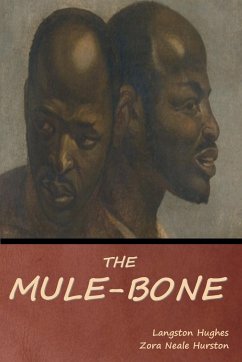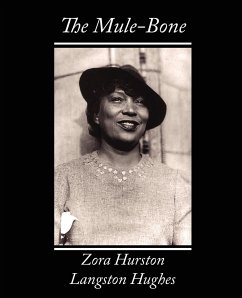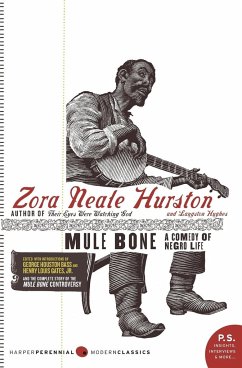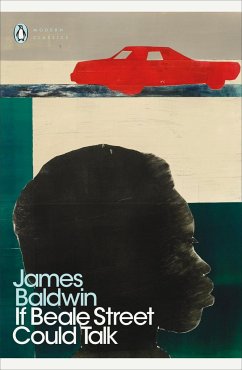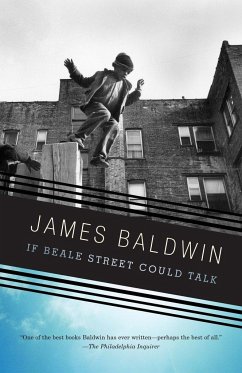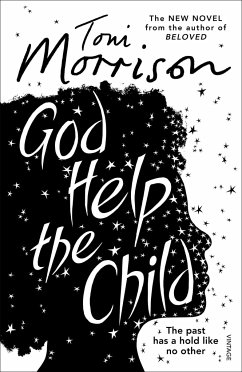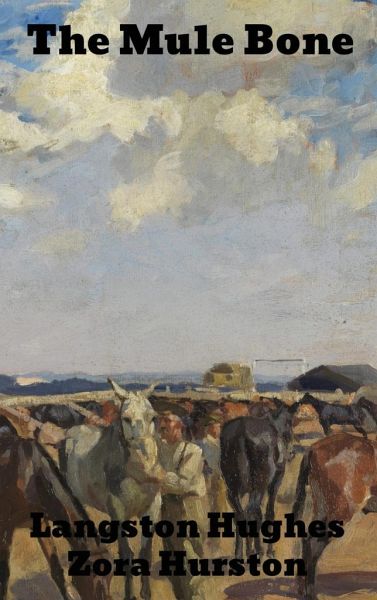
The Mule-Bone
Versandkostenfrei!
Versandfertig in 1-2 Wochen
22,99 €
inkl. MwSt.
Weitere Ausgaben:

PAYBACK Punkte
11 °P sammeln!
Mule Bone: A Comedy of Negro Life is a 1930 play by American authors Langston Hughes and Zora Neale Hurston. The process of writing the play led Hughes and Hurston, who had been close friends, to sever their relationship. Mule Bone was not staged until 1991. The play begins in Eatonville, Florida, on a Saturday afternoon with Jim and Dave fighting for Daisy's affection. The two men come to blows, and Jim picks up a hock bone from a mule and knocks Dave out. Jim is arrested and held for trial in Joe Clarke's barn. On Monday, the trial begins in the Macedonia Baptist Church. The townspeople are ...
Mule Bone: A Comedy of Negro Life is a 1930 play by American authors Langston Hughes and Zora Neale Hurston. The process of writing the play led Hughes and Hurston, who had been close friends, to sever their relationship. Mule Bone was not staged until 1991. The play begins in Eatonville, Florida, on a Saturday afternoon with Jim and Dave fighting for Daisy's affection. The two men come to blows, and Jim picks up a hock bone from a mule and knocks Dave out. Jim is arrested and held for trial in Joe Clarke's barn. On Monday, the trial begins in the Macedonia Baptist Church. The townspeople are divided along religious lines: Jim's Methodist supporters sit on one side of the church, Dave's Baptist supporters on the other. The issue to be decided at the trial is whether or not Jim has committed a crime. Jim admits he hit Dave but denies it was a crime. Elder Simms argues on Jim's behalf that a weapon is necessary to commit a crime, and nowhere in the Bible does it say a mule bone is a weapon. Elder Childers, representing Dave, says Samson used a donkey's jawbone to kill 3,000 men (citing Judges 18:18), so the hock bone of a mule must be even more powerful. Joe Clarke declares Jim guilty and banishes him from town for two years. Hughes and Hurston began writing Mule Bone in March 1930. They wanted to write a comedy about African-American life that didn't consist of racial stereotypes



